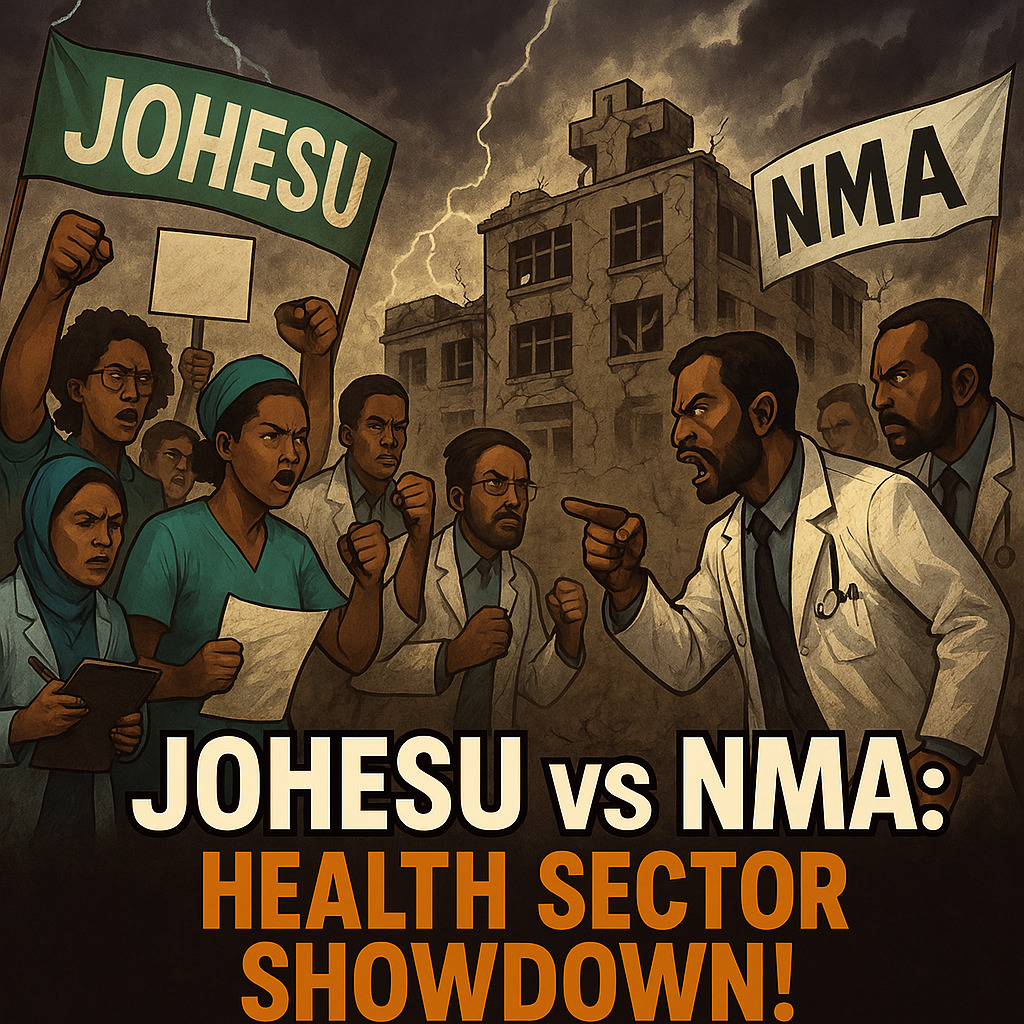The Provost, College of Pharmacy, Afe Babalola University, Ado Ekiti, (ABUAD), Prof Mbang Femi-Oyewo, has advocated policy development as a core component in creating a more inclusive and accessible healthcare system in the country.
She said policymakers and healthcare leaders must recognise that effective, accessible healthcare is often shaped by regulations and subsidies that govern the industry.
The provost made the call at the Ladipo Mobolaji Abisogun-Afodu 7th yearly lecture in Pharmacy, held at the University of Lagos. Delivering a lecture titled: ‘Medicines Affordability and Accessibility in a Challenging Economy: The Role of Pharmacy Profession’, Femi-Oyewo said healthcare expenditure is escalating at an unsustainable rate, while money spent on medicines and managing medication-related problems continues to grow in the country.
She noted that unaffordable prices and non-availability of drugs have become some of the most pressing concerns for patients and healthcare systems in high-, middle- and low-income countries, including Nigeria.
The provost, who quoted the World Bank, which shows that over 70 per cent of total health expenditure in Nigeria, is out-of-pocket, one of the highest rates in the world, said socioeconomic factors, such as income levels, poverty, and social inequality, can significantly impact medicine affordability.
Other factors influencing affordability, she said, include product pricing, price regulation, research and development costs, product promotion and distribution, as well as importation.
The pharmacist said many people living in Africa have a problem with accessing medicines and it contributes to the poor health metrics of most countries in the region. She added that healthcare costs worldwide have also been attributed to the combination of an ageing population, technological advances, the prevalence of medication errors, and increased spending on medicines.
According to her, a rise in unemployment and inflation means fewer people can afford basic healthcare services, while Nigeria’s reliance on imported medicines has created vulnerability to global market forces.
Femi-Oyewo pointed out that the lack of sufficient government support for local production of essential drugs has compounded this, leading to medicine shortages and increased prices.
To tackle these challenges, Femi-Oyewo stated that pharmaceutical companies and healthcare advocates must play crucial roles in shaping healthcare policies that prioritise equitable access to medicines.
“Advocacy work can help to bridge the gap between patient needs and the policies governing healthcare access, promoting reforms that make essential medications available to all.
“Government subsidies and support programmes can transform healthcare access by lowering barriers and allowing patients to obtain necessary treatments. Also, by collaborating with government agencies to implement subsidy programmes, pharmaceutical companies can ensure that financial assistance is available to those who need it the most.”
She insisted that by engaging in the policy-making process, pharmaceutical companies and advocates can work toward regulatory reforms that improve distribution efficiencies, strengthen supply chains, and reduce costs.
These changes, according to her, can help prevent shortages and enhance the speed and reliability of drug deliveries, especially in remote or underserved areas.By aligning their goals with public health priorities, the provost said pharmaceutical companies can leverage their influence to support laws and regulations that drive equitable access to medicines, ensuring a more inclusive healthcare system.
Femi-Oyewo said through a multi-pronged approach that combines improved distribution channels, a robust community pharmacy presence, and dedicated advocacy for equitable healthcare policies, the pharmaceutical industry and government agencies can jointly bridge the critical gaps between the pharmaceutical companies and patients.
“This vision holds promise not only for improvising immediate access to medicines but also for enhancing overall health outcomes on a national and global scale,” she added.
SOURCE: GUARDIAN NEWSPAPER





